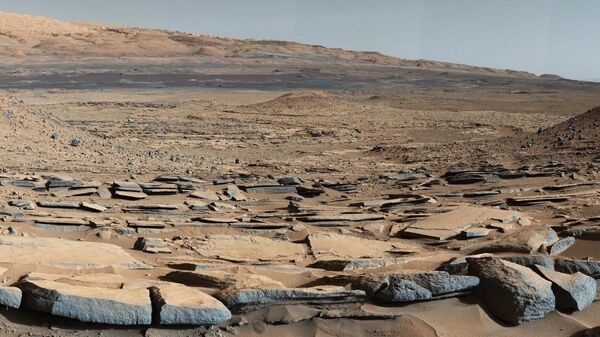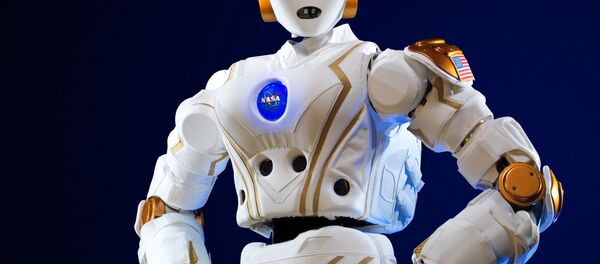According to a study by Jennifer Wadsworth and Charles S. Cockell, published in the Scientific Reports journal, the perchlorates present on Martian soil produce a powerful bactericidal effect when subjected to Martian UV radiation.
"Perchlorates have been identified on the surface of Mars. This has prompted speculation of what their influence would be on habitability. We show that when irradiated with a simulated Martian UV flux, perchlorates become bactericidal," study says.
The discovery of the presence of perchlorates on Mars several years ago almost dashed all hope that scientists had of finding signs of life on the planet (if it had existed) as these chemical compounds are powerful oxidizing agents. In addition, the high concentration of perchlorates in Martian groundwater would make it poisonous to virtually all microorganisms.
During their experiment, which involved growing Bacillus subtilis in Martian analogue environments, Wadsworth and Cockell discovered that while bacteria can actually adapt to the presence of perchlorates by itself, they die rapidly when also exposed to UV radiation.
This bactericidal effect is apparently due to the presence of iron oxides and hydrogen peroxide in Martian soil which "act in synergy with irradiated perchlorates to cause a 10.8-fold increase in cell death when compared to cells exposed to UV radiation after 60 seconds of exposure."
"These data show that the combined effects of at least three components of the Martian surface, activated by surface photochemistry, render the present-day surface more uninhabitable than previously thought, and demonstrate the low probability of survival of biological contaminants released from robotic and human exploration missions," the researchers conclude.


